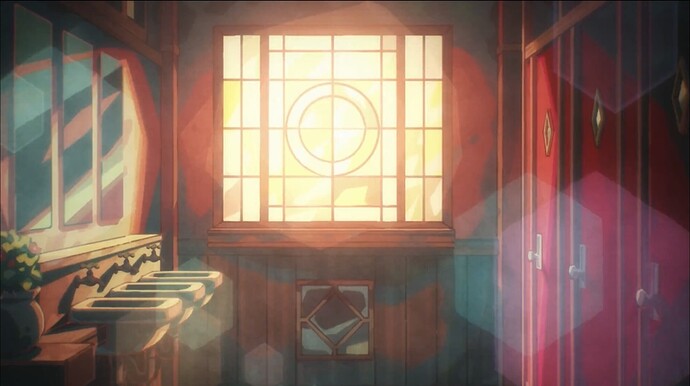I read through a few threads on people that had similar problems to me, but my question might be a bit different or a bit personal so apologies for posting another thread
Basically, I’m struggling in a few ways. The most obvious is that I’m not understanding much when I watch content. By the time I’m done with the 10 minute video my mind is exhausted and/or after a few minutes my mind wonders off because I’m not understanding (even though I’m engaged with the content, I’m not really listening if that makes sense).
This happens in both YouTube (N5 Level content) or beginner podcasts. I’ve tried slowing down videos, subtitles on/off. Rewatching etc…
So I’m wondering if perhaps my vocabulary is not up to par or perhaps my grammar is not there yet and I’m putting the wheel before the horse sort of speak.
For reference, I’m level 6 in WaniKani vocabulary (though many more on Bunpro where I put commonly used words like the days of the week, family, pronouns, some common verbs, objects, etc …) and on Bunpro grammar level 1,2 and some of 3 and 4. I can spring a few sentences together, but definitely not perfect. I can get decipher most sentences pretty well when reading.
I’m still translating in my head.
I’m thinking maybe my grammar and vocabulary is not strong enough yet, but since I read actively listening is important to do I’ve been trying to do so to help reinforce some vocabulary. Reading the subtitles has helped in that way… At least in vocabulary retention, but listening has been a struggle.
So, when did you become an active listener? How was your initial experience at that level? If you had to do it all over again, how would you do it differently?
Im 44 years old with two jobs, family etc, so I sneak in 30 minutes of learning where I can and I want to keep pushing.
Thanks for reading 

 Felt more like a game!
Felt more like a game!


